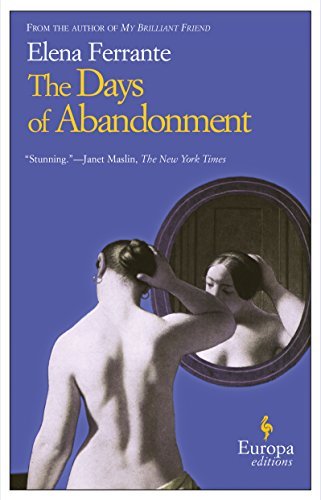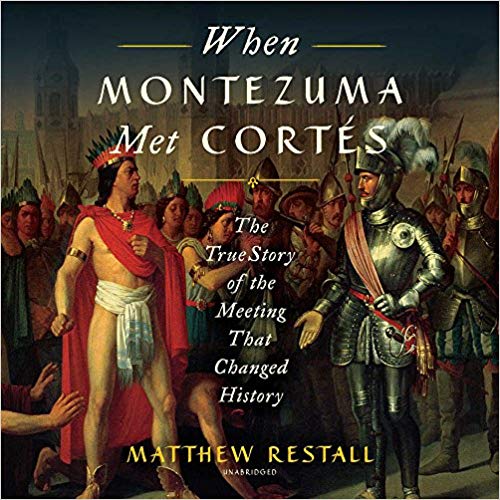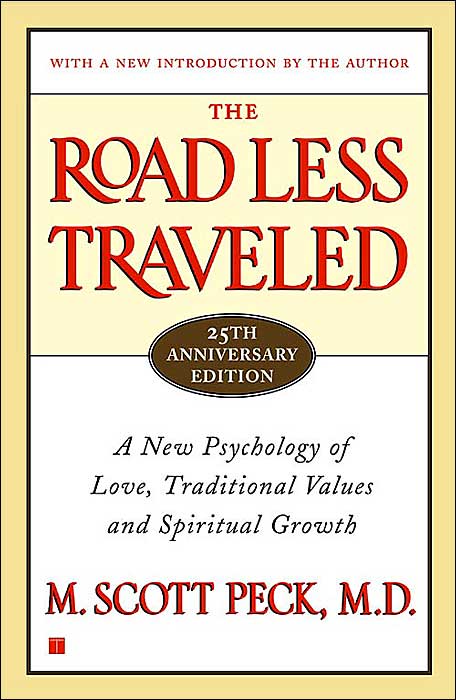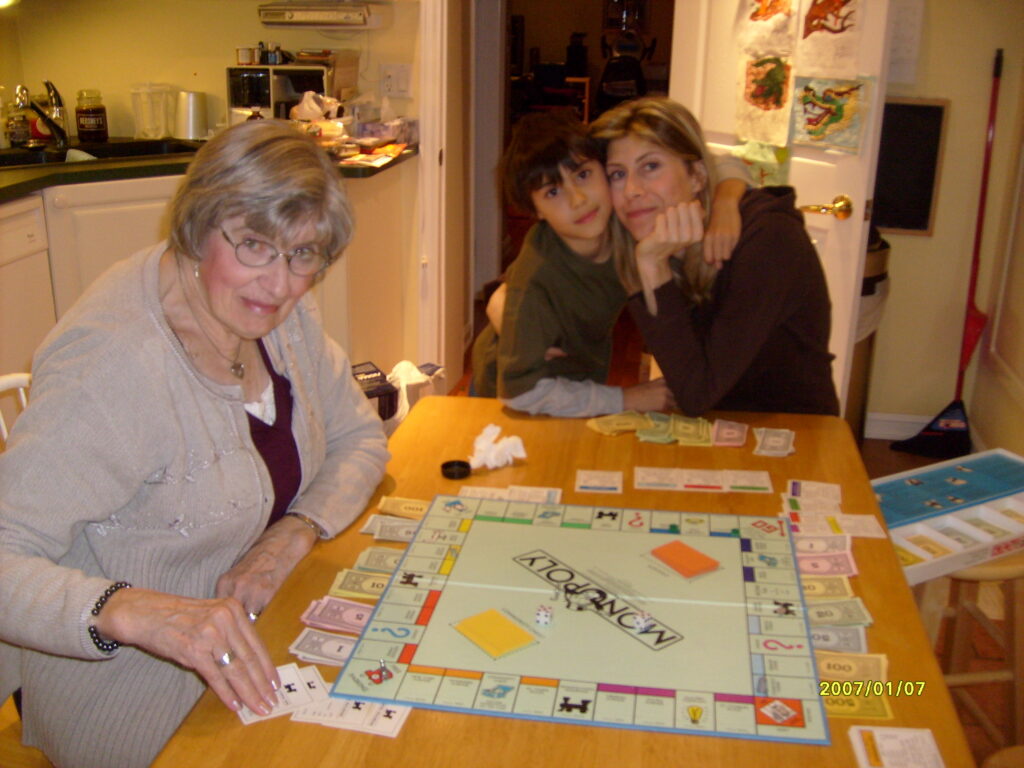Welcome to the February 2023 edition of The Waayyy Behind Book Club, where I talk about the books I’ve read this month. Hello, fellow readers! Come along and see if any of these books pique your interest.
The first book I read this month was Elena Ferrante’s The Days of Abandonment. Those in the know may already be familiar with Elena Ferrante from her celebrated Neopolitan series of books, now dramatized on HBO. The TV show is named My Brilliant Friend, after the first book in the series, and has been described as “a modern masterpiece” and also “what Jane Austen would write if she got angry”. Both the books and the TV show are fantastic.
The Days of Abandonment was written years before that, and is searing reading. It’s about a woman whose husband leaves her for another woman after 15 years of marriage. We watch as she goes through all the stages of grief, from denial, to anger, to hysteria, to numbness, until finally she finds acceptance and is able to move on with her life. It’s so raw and honest, you’ll swear she must be writing from her own personal experience. That’s what Ferrante’s writing is like. She knows your heart and is unafraid of speaking exactly what it feels.
The next book I read this month was just as gripping. Memorial Drive is poet Natasha Trethewey’s gut wrenching attempt to come to terms with the murder of her mother thirty years before. Trethewey was only 19 years old when her stepfather shot her mother in the head and killed her. This is devastating reading. You can feel Trethewey’s pain as she memorializes her beautiful mother, but you can also sense the relief as she unburdens herself. You can tell that this is a story that needed to be told.
I also read The Dude and the Zen Master this month. In it, Jeff Bridges and reknowned Zen teacher Bernie Glassman sit down and talk about life. If you love the movie The Big Lebowski, as I do, you can get drawn in by chapter titles like, “Sometimes You Eat the Bear, and Sometimes, Well, He Eats You”, and “Yeah, Well, You Know, That’s Just Like, Uh, Your Opinion, Man”, but I actually didn’t find much of substance here. You learn about some of Jeff Bridges’ experiences on movie sets, but other than that, nothing really revelatory. Unless you’re a big Jeff Bridges fan, I’d give this book a pass.
When Montezuma Met Cortes: The True Story of the Meeting that Changed History by Matthew Restall was an intriguing read. Essentially, it’s a book about history and how it’s recorded. We all know that the victor gets to tell the tale, while the loser’s story gets left on the editor’s floor. Well, Montezuma was definitely the loser in this sad piece of history. Unsurprisingly, it turns out that Cortes’ story is mostly self-aggrandising and is littered with plot holes. For 500 years, no one thought much to question it. But after Restall sifts through all the old documents and letters, we find a tale that’s far more interesting and compelling than the one you were told in school. Personally, I love this kind of stuff and couldn’t put the book down.
The final book for this month is The Road Less Traveled by M Scott Peck. It’s a famous book. I had to wait months before I could get a copy through the library. Yet, when I first began to read it, I could not understand why it has remained so popular. The book was written 45 years ago, and while the advice Peck gives may have been instructive back then, it’s mostly old news. I kept wanting to put the book down and walk away, but I was determined to give it a chance. I’m glad I did. The last third of the book was a masterful blending of psychology, religion and spirituality that could only come from someone really knowledgeable and wise. If you’re a searcher trying to find your path in life, this book still has a lot to offer. I know I learned a few things.
So, that’s it for this month. Until next time, keep on reading. 🙂








